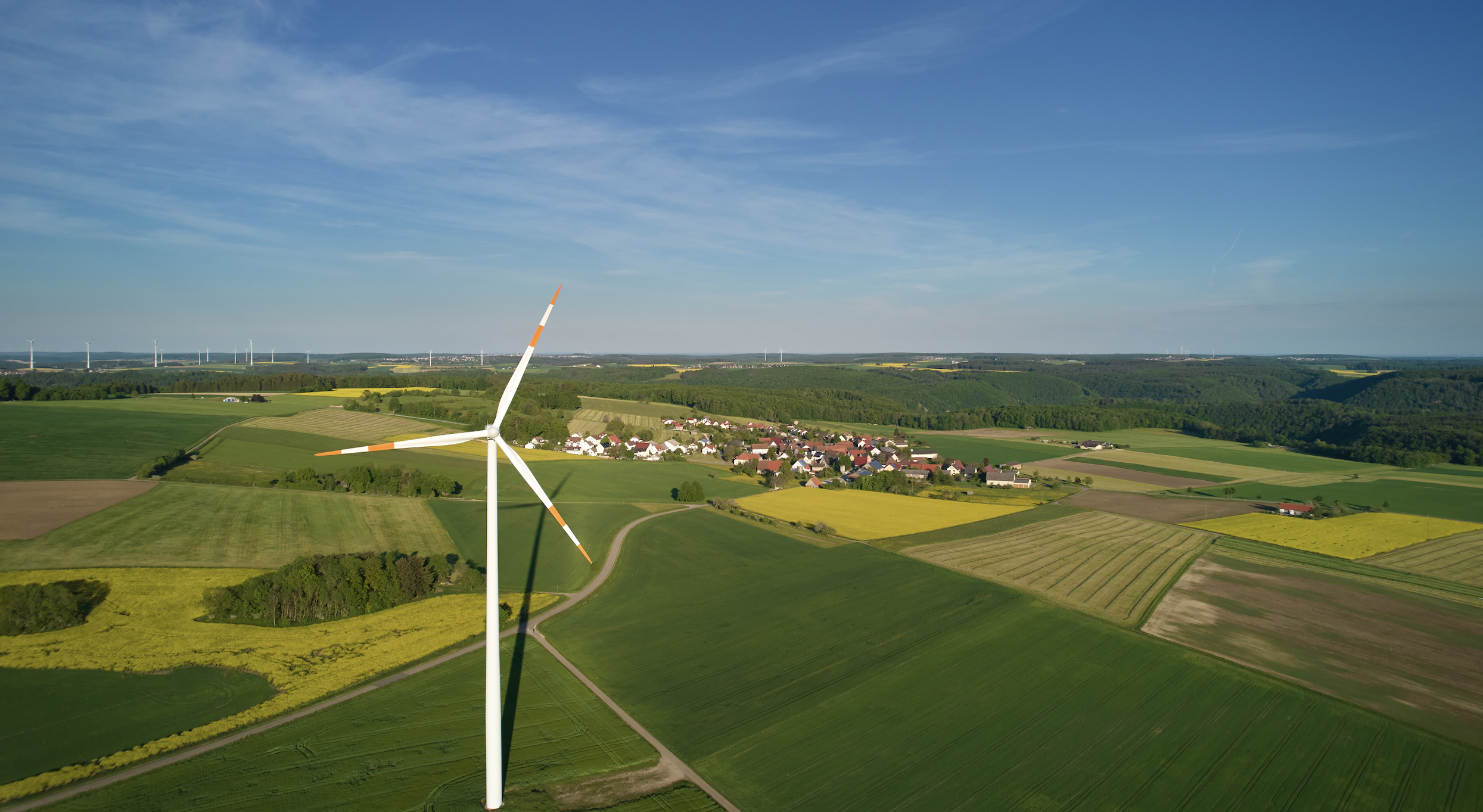The European Union is supporting enterprises investing in zero-carbon technologies. EU Member States may grant public aid to “green” entrepreneurs until the end of 2025, increasing competitiveness of the national industry. Beneficiaries may receive substantial tax credits or direct subsidies. Polish companies await the government’s move.
On 9 March 2023 the European Union introduced new, special rules for the granting of public aid by Member States to companies investing in sectors key for net-zero transition. They allow for applying substantial tax credits or direct subsidies to achieve that goal. However, the regulations are temporary and will apply only until 31 December 2025. Therefore, each EU Member State faces an opportunity to use that time to support national enterprises investing in production of batteries, PV panels or onshore/offshore wind turbines, heat pumps, electrolysers, as well as key components for such equipment, increasing the potential and competitiveness of national zero-emission technology industry.
Time is crucial, therefore some countries, for example France and Germany, due to active approach of their governments already benefit from the new possibilities. Polish government did not take any action so far. The longer the delay, the higher the risk that Polish companies will be forced to compete in European markets at unequal terms.
Given the circumstances, four associations representing national producers from the “green” technology sector: Polish Wind Energy Association, Polska Organizacja Rozwoju Technologii Pomp Ciepła (PORT PC), Stowarzyszenie Branży Fotowoltaicznej Polska PV (SBF) and Polish Energy Storage Association (PESA) addressed an open letter to the Prime Minster, Mateusz Morawiecki, calling for urgent application of the new EU regulations to Polish enterprises.
Time to build industrial advantage
Regulations introducing temporary public aid measures constitute extraordinary measures, applicable only until 31 December 2025. The regulations provide governments of Member States, including the Polish government, with previously unavailable measures to support national enterprises, which fit into the EU decarbonisation policy and may accelerate energy transition.
Relaxation of the current EU state aid rules is a clear response to Chinese hegemony in the field of clean energy and its storage. A strong impulse for national investments may allow EU countries to achieve technological independence in these areas and foster balanced production and market growth.
The new EU public aid regulations open a unique opportunity for states actively supporting the most future-oriented sectors aiming to achieve climate neutrality, and at the same time are a grave threat to countries passive towards the current challenges.
Who may receive aid and for what activity?
With the new public aid rules, governments of EU Member States may increase aid intensity for national investments in:
- manufacture of strategic equipment and devices, i.e. batteries, PV panels, wind turbines, heat pumps and electrolysers,
- manufacture of key components of the equipment,
- manufacture or recovery of related critical resources necessary for the production of such equipment and components.
Polish companies await the government’s move
Associations representing Polish producers from the zero-emission technology sector: Polish Wind Energy Association, Polska Organizacja Rozwoju Technologii Pomp Ciepła, Stowarzyszenie Branży Fotowoltaicznej Polska PV and Polish Energy Storage Association emphasized that four months have passed since effective date of the new public aid regulations. Polish government did not take any action so far. Therefore, the organisations addressed an open letter to Prime Minister Mateusz Morawiecki, calling for Poland to join the countries taking advantage of all opportunities to consolidate the national potential of “green” industry as soon as possible.
Some countries, including France, already took measures to implement the new regulations or introduce specific solutions. Polish entrepreneurs await the government’s decision. As time goes by, the risk of unequal competition between Polish companies and enterprises supported by other European Union states increases.

